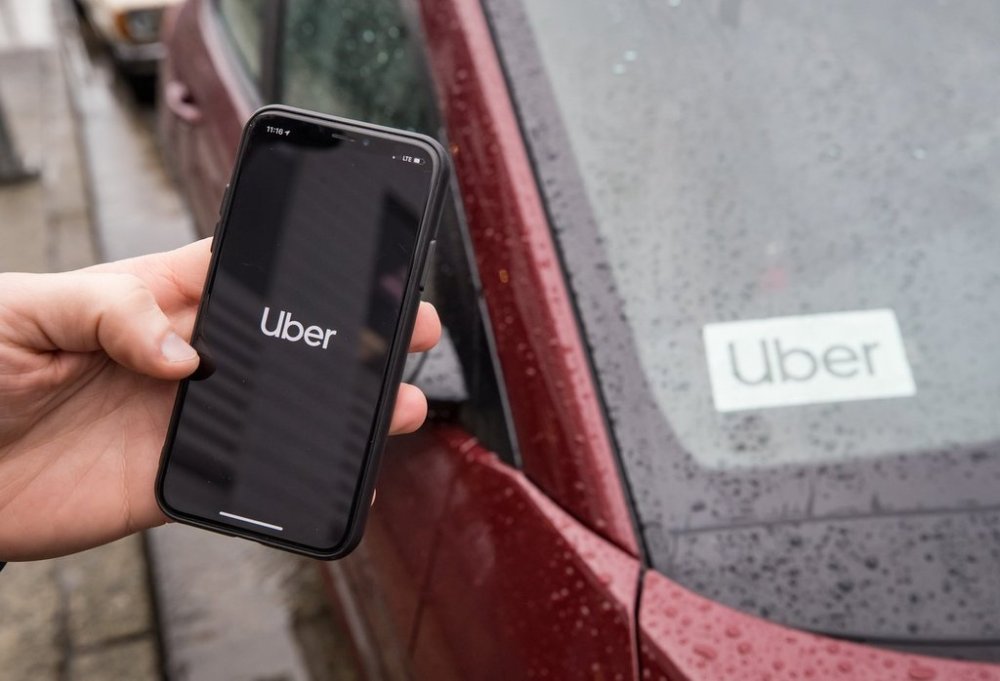B.C. court squelches Vancouver bylaw that forced ride-hailing firms to pay fees
Advertisement
Read this article for free:
or
Already have an account? Log in here »
To continue reading, please subscribe:
Monthly Digital Subscription
$0 for the first 4 weeks*
- Enjoy unlimited reading on winnipegfreepress.com
- Read the E-Edition, our digital replica newspaper
- Access News Break, our award-winning app
- Play interactive puzzles
*No charge for 4 weeks then price increases to the regular rate of $19.00 plus GST every four weeks. Offer available to new and qualified returning subscribers only. Cancel any time.
Monthly Digital Subscription
$4.75/week*
- Enjoy unlimited reading on winnipegfreepress.com
- Read the E-Edition, our digital replica newspaper
- Access News Break, our award-winning app
- Play interactive puzzles
*Billed as $19 plus GST every four weeks. Cancel any time.
To continue reading, please subscribe:
Add Free Press access to your Brandon Sun subscription for only an additional
$1 for the first 4 weeks*
*Your next subscription payment will increase by $1.00 and you will be charged $16.99 plus GST for four weeks. After four weeks, your payment will increase to $23.99 plus GST every four weeks.
Read unlimited articles for free today:
or
Already have an account? Log in here »
VANCOUVER – The B.C. Supreme Court has invalidated a bylaw passed by the City of Vancouver that imposed a fee on ride-hailing companies working on city streets during peak hours.
Uber Canada took the city to court over the bylaw, claiming it overstepped a municipal government’s power to regulate so-called “transportation network services.”
The bylaw prevented ride-share vehicles from picking up or dropping off passengers in the “Metro Vancouver core” between 7 a.m. and 10 p.m. unless they had a “congestion and curbside management permit.”

The provincial government made the Passenger Transportation Board the “centralized authority” to regulate ride-hailing in 2019, but the city later imposed the bylaw, which Uber challenged in B.C. Supreme Court.
The court decision says the province made the changes to eliminate regulatory overlap, which the transportation minister at the time said had “plagued the passenger directed vehicle industry for years.”
The ruling says there is no “rational pathway” for the city to claim it didn’t intend to regulate the number of ride sharing vehicles operating in Vancouver with the bylaw because its stated intention was to reduce traffic congestion.
“Given the specifics of this particular bylaw, it is unreasonable for the city to decide it was authorized to invoke its powers to regulate stopping on city streets to defeat the purpose and text of its governing legislation,” the ruling says. “Therefore, the bylaw is invalid and the decision to adopt it was unreasonable.”
The city said in a statement that it “respects the judicial process and acknowledges the B.C. Supreme Court’s decision.”
“The city will take the time necessary to carefully consider next steps,” it said.
Uber did not immediately respond to a request for comment on the ruling.
This report by The Canadian Press was first published Aug. 11, 2025.

